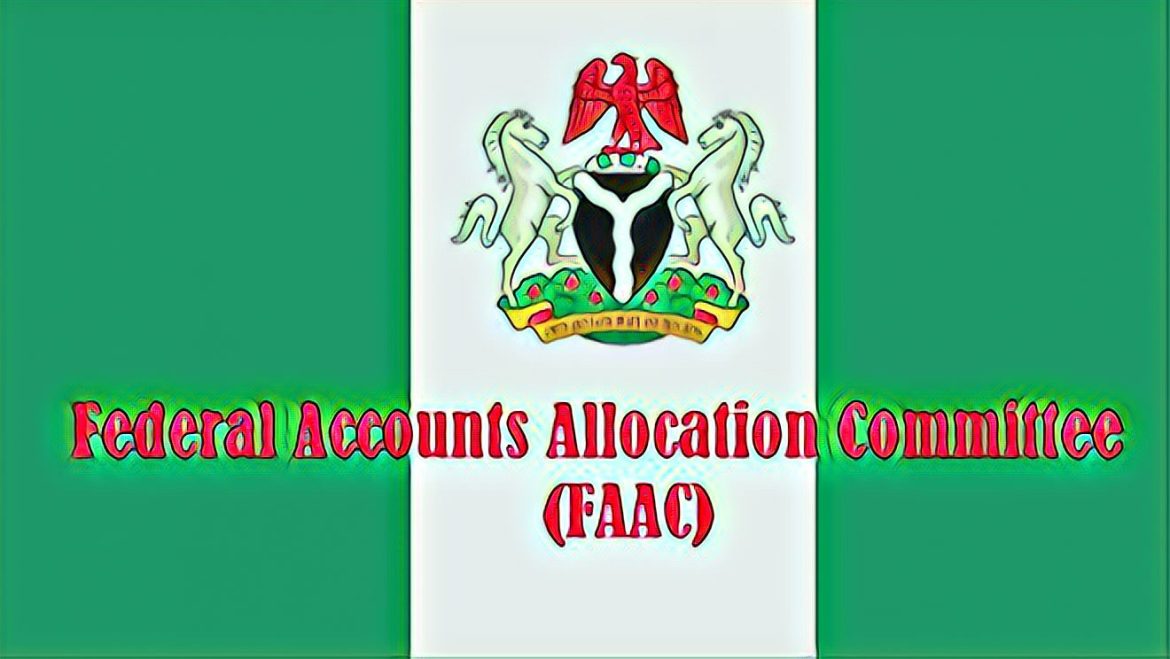Nigeria’s three tiers of government shared a total of N1.1 trillion as revenue allocation for the month of August, according to the Federation Accounts Allocation Committee (FAAC). This represents an increase of N26.9 billion from the N973.4 billion distributed in July.
The FAAC meeting, which was held virtually on Wednesday, was chaired by the Permanent Secretary, Federal Ministry of Finance, Budget and National Planning, Aliyu Ahmed. He announced that the gross statutory revenue for August was N531.8 billion, while the value-added tax (VAT) revenue was N150.2 billion.
The balance in the excess crude account (ECA) as of September 15 was $60.9 million. The ECA is a special fund that saves the difference between the market price of oil and the budgeted price.
The FAAC also disclosed that the total distributable revenue N1.1 trillion comprised statutory revenue of N531.8 billion, VAT revenue of N150.2 billion, exchange gain of N41 billion, and augmentation from non-oil revenue of N39.5 billion.
The federal government received N274.9 billion from the total allocation, while the states got N208.5 billion, and the local governments got N147.4 billion. The oil-producing states received an additional N30.9 billion as 13 percent derivation from mineral revenue.
The FAAC stated that the gross revenue available from VAT for August was higher than that of July by N16.6 billion, indicating an increase of 12.4 percent. It added that revenues from petroleum profit tax (PPT), import, excise, and oil royalty increased significantly in August.
The committee urged the federal and state governments to continue their efforts to improve revenue generation and fiscal transparency. It also commended the Nigerian National Petroleum Corporation (NNPC) for promptly remittance of revenues to the federation account.
Nigeria’s economy has been recovering from the impact of the COVID-19 pandemic and low oil prices, which caused a recession in 2020. The National Bureau of Statistics (NBS) reported that the gross domestic product (GDP) grew by 5 percent year-on-year in the second quarter of 2021, the highest since 2014.
The increased revenue allocation for August is a positive sign for Nigeria’s fiscal sustainability and economic development. The government has also been implementing various reforms and initiatives to diversify its revenue sources and reduce its dependence on oil. These include the Finance Act 2020, which increased the VAT rate from 5 percent to 7.5 percent, and the Petroleum Industry Act 2021, which aims to overhaul the oil and gas sector and attract more investments.
Source: Punch Newspapers


